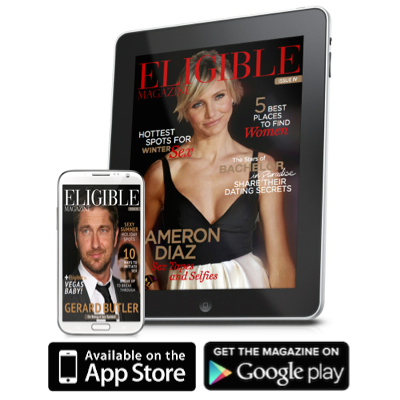Physical abuse in relationships is easy to define. If you are being slapped, punched, kicked, or physically harmed in any way, it is important to seek help and escape from the relationship. This should involve support and protection from family, friends, or the many shelters and social workers who are experienced in dealing with physical abuse.
However, emotional abuse is easier to hide and more difficult to understand. Both females and males can be emotionally abusive. In order to recognize the signs of emotional abuse, I have listed some of the common attributes of an emotionally abusive relationship:
- You are afraid to tell your friends or family about things that your partner has said or done. You worry about how others will react.
- You become overly defensive of your partner’s actions, and often justify their behaviour.
- You often convince yourself that you are just taking things personally and feel guilty for being upset.
- You tell yourself that the harsh words or hurtful actions of your partner are because you are not good enough. You think that if you try to be a better boyfriend or girlfriend, you can get through it.
- Your partner tends to isolate you from others, keeping you away from friends or family. They may suggest a move, or begin to point out the faults of your support system in order to create distance between you and your friends.
- Your partner often performs amazing, romantic gestures, or gets you extravagant gifts. This behaviour will often occur in front of others. Perhaps your friends are even jealous of the romance in your relationship, but this romance just covers up the pain and sadness that exists underneath.
- When your relationship is good, it is intense and passionate. When it is bad, your emotions spiral downward. If you feel like you are on an emotional roller coaster, this is an indicator of emotional abuse.
- Your partner may do things to intimidate or hurt your feelings. This could include driving at high speeds or driving dangerously while you are in the car, destroying your property, or doing things to assert their power over you. If the intent is to hurt you with actions or words, that is abuse.
If you are still questioning whether or not you are in an abusive relationship, start to document the things that your partner does and says that cause you to feel upset, unsafe or hurt. Keep a notepad with you, or put the information in your phone. Try to keep it hidden from your partner, and review it when you have some space from him or her. That way, you cannot convince yourself that you misunderstood, or that it didn’t happen.
There are ways to break free from an emotionally abusive relationship.
- Tell somebody you trust. It takes one person to support you, and over time, you can gain the courage to end the relationship
- You can also try to take some time away, such as a weekend visiting family or friends. This allows you to get out of your environment and gain perspective.
- Start visualizing the life you want. Think about yourself as happy, and see a different future that no longer involves that person. Dare to dream about the life you always wanted.
- Talk to a therapist to rebuild your self-esteem. You may feel as though your partner is all that you have, and you define who you are by the way that he or she makes you feel. This is not a healthy feeling. You should never be reliant on another person for your own sense of self.
- Read the book, Codependency No More. It will help to explain the feelings you have, and how your identity can quickly become wrapped up in another person.
You may feel guilt about leaving this person, and losing the future you saw for yourself. To gain strength you may want to think back to past traumas or major losses that you have overcome, and remind yourself how strong you are.
REMEMBER: Every moment you spend with this person is robbing a piece of your identity and self-worth. With baby steps, you will be on your way to the future you deserve.

























No Comments